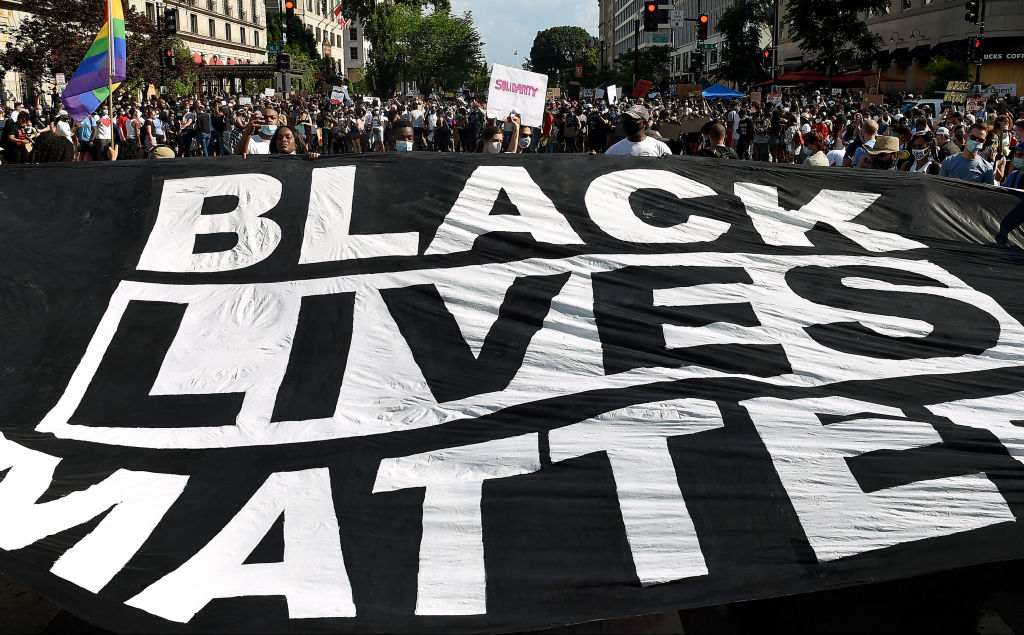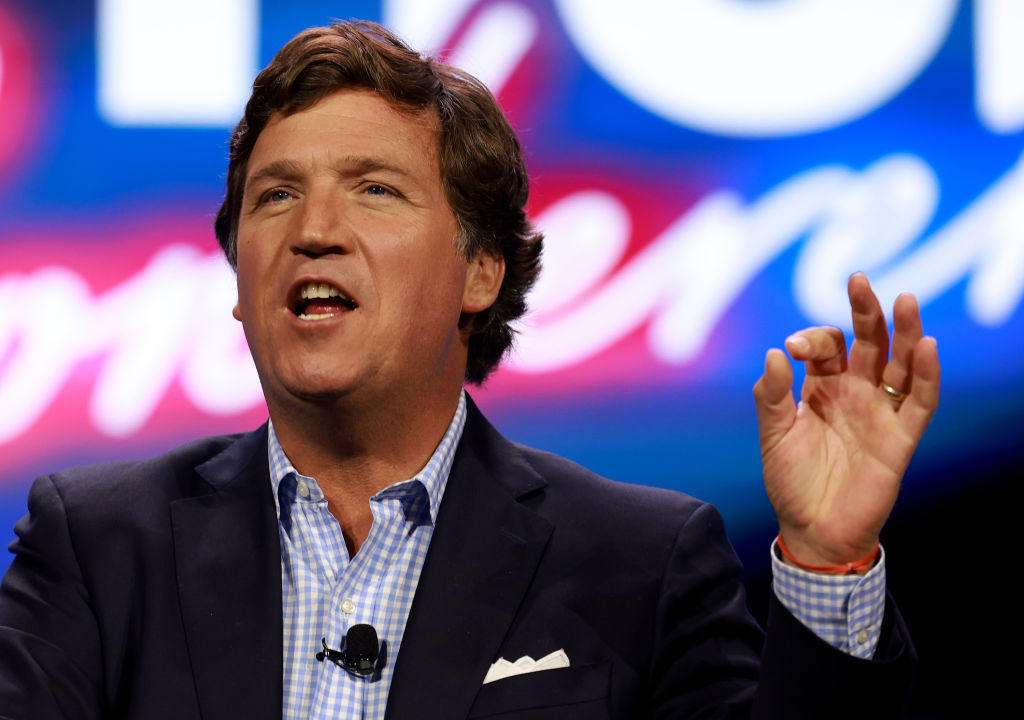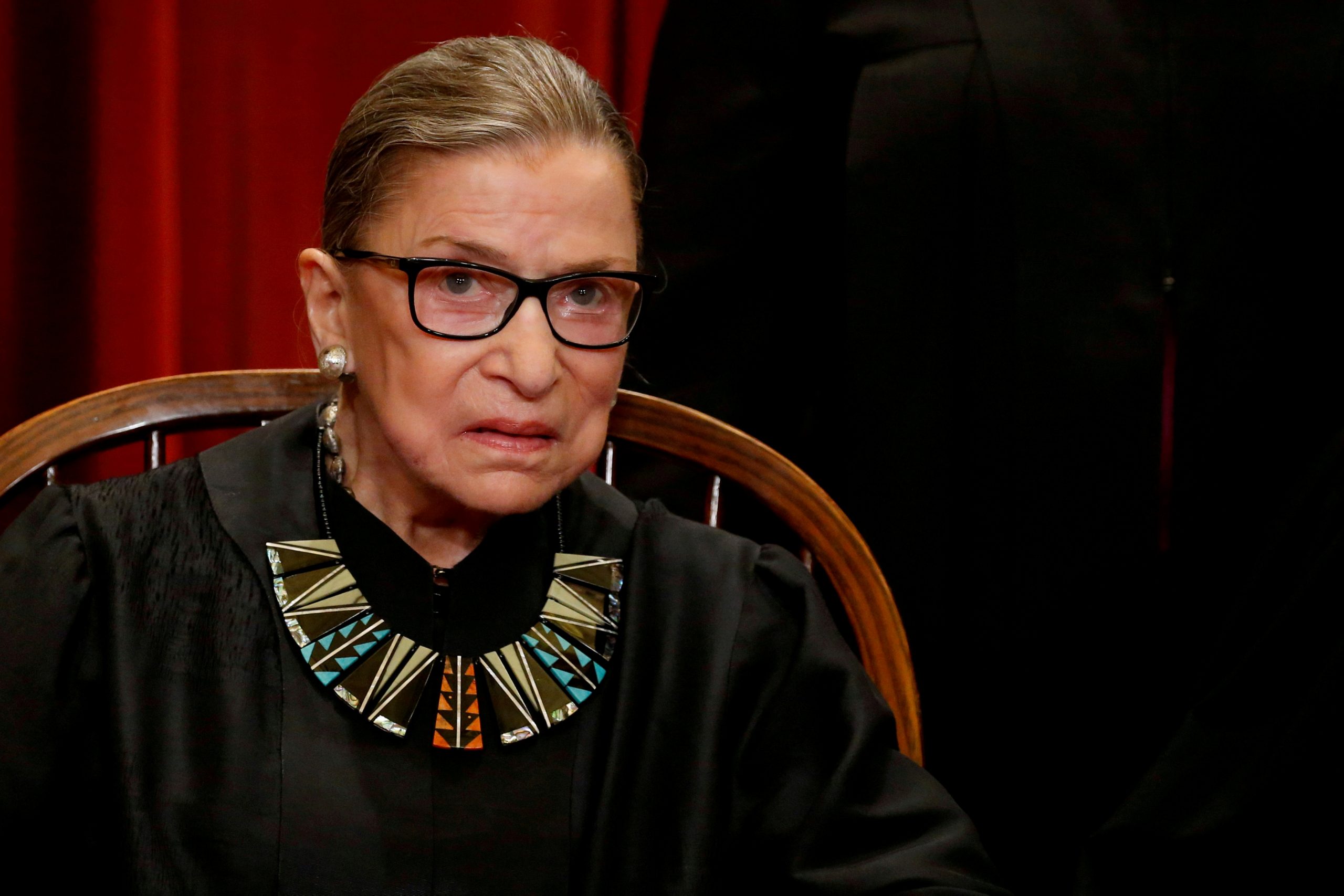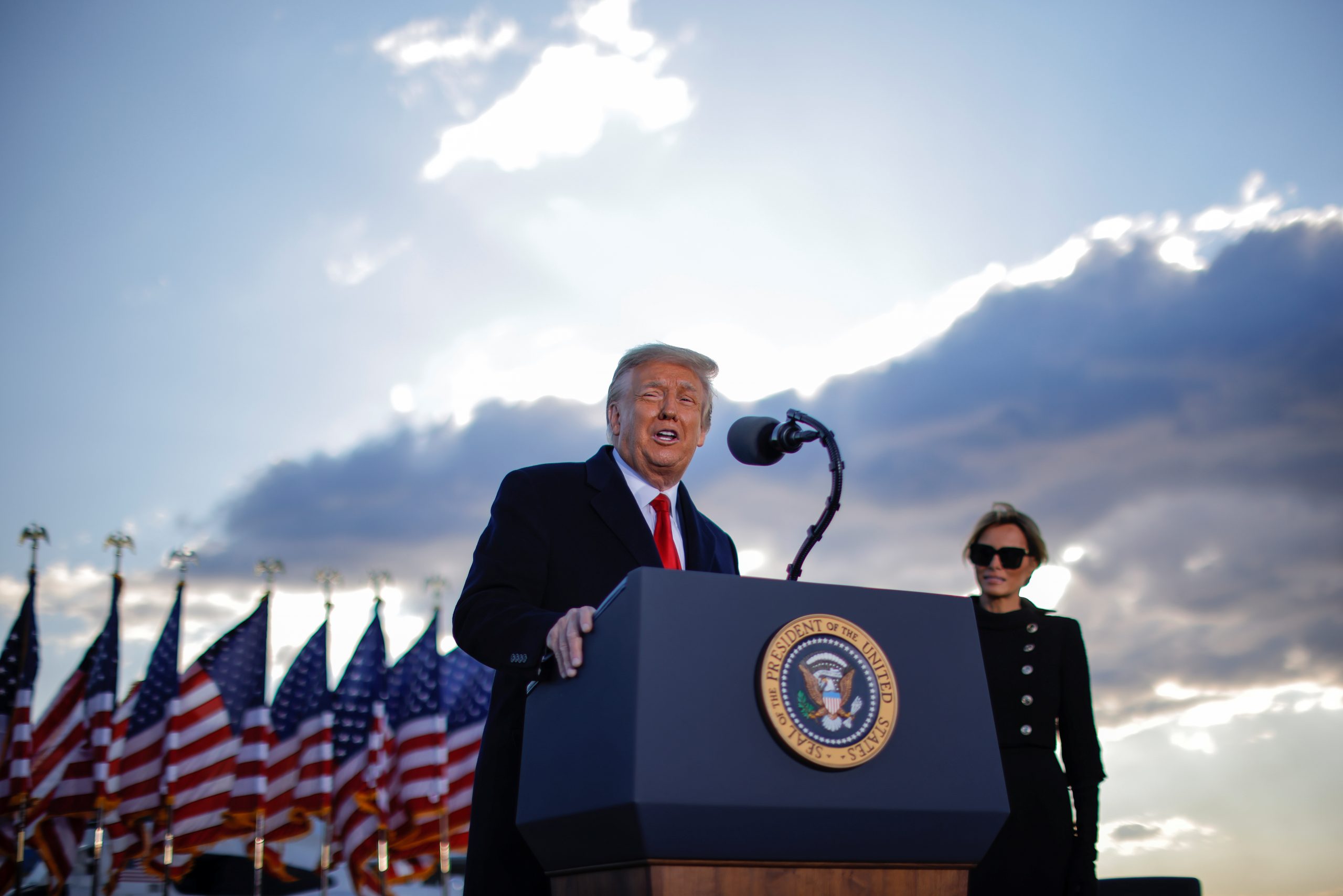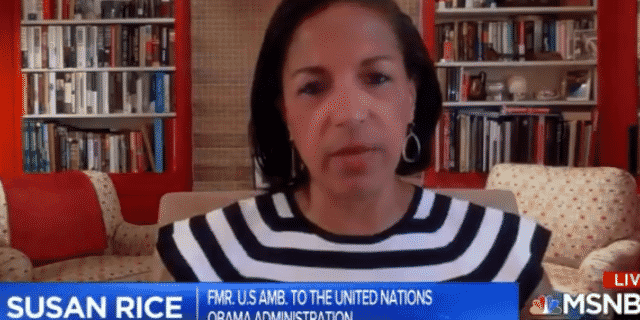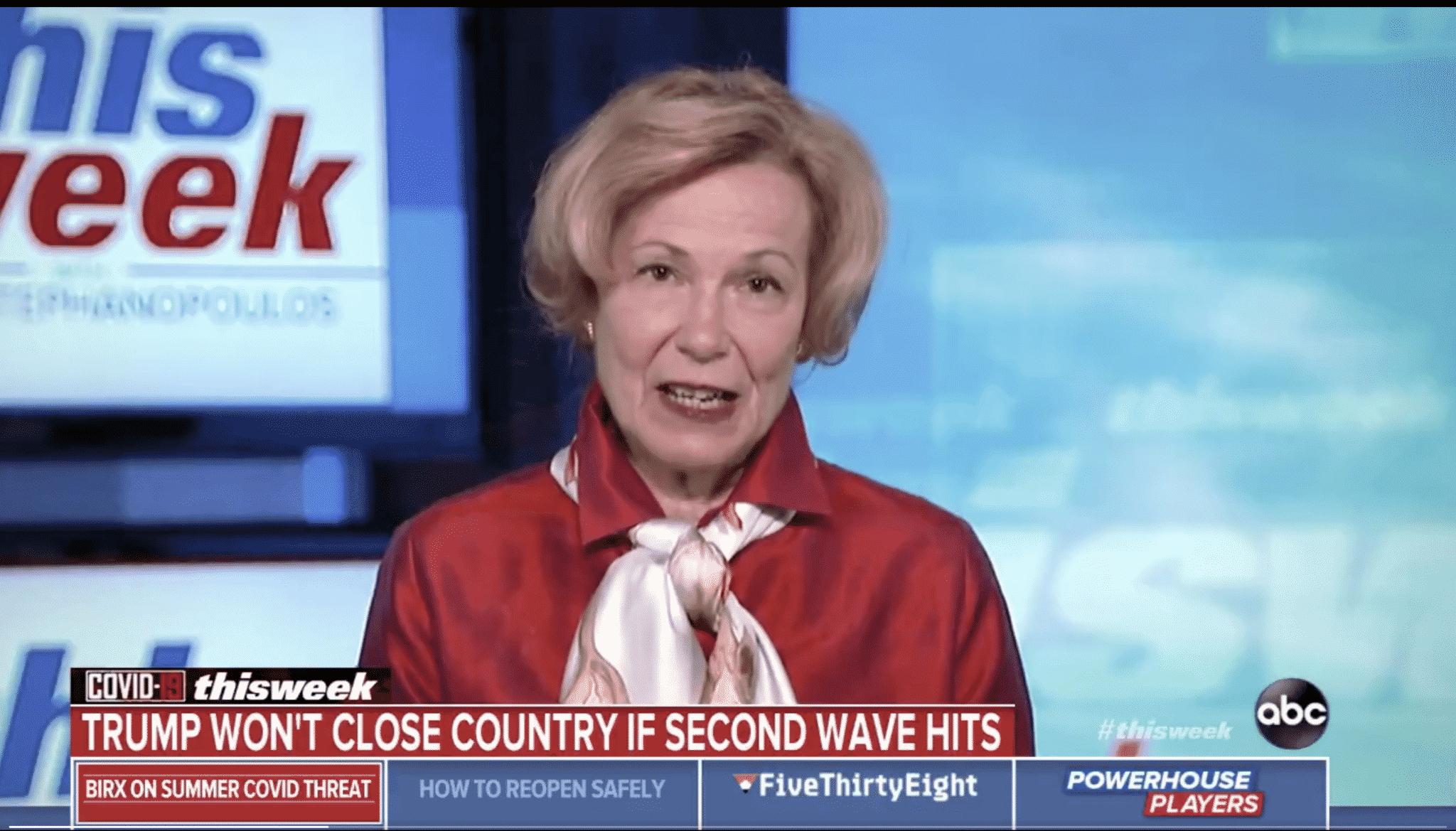Americans have soured on the Black Lives Matter street riot movement.
A new Pew Research survey indicates that support for the movement has reached its lowest point since the 2020 death of George Floyd.
White Americans — at 42 percent of those polled are the least likely to support the movement.
In comparison, 61 percent of Hispanics, and 63 percent of Asians polled, and an overwhelming 81 percent of black Americans polled expressed support.
Support for the movement is distinguished sharply between partisan affiliations, with Democrats continuing to back it and Republicans increasingly critical.
% who support the Black Lives Matter movement
Democrats: 84%
Republicans: 17%https://t.co/4DSqUB5csE pic.twitter.com/KgDpLcZXgx— John Gramlich (@johngramlich) June 14, 2023
Support for the movement most declined in age demographics above the age of 30.
The American perception of Black Lives Matter appears to have changed considerably since 2022.
Support declined 5 percent and opposition increased by 4 percent during that timeframe, according to the poll.
It’s not hard to see why Black Lives Matter support is ebbing. The organization has been the subject of scandals related to its spending — including high-end real estate purchases — and hiring and payment practices that have benefitted its leaders, their families and their friends.
Meanwhile, it appears to be failing to make the racial climate of the country any better.
A strong majority of Americans polled — 61 percent — said the movement has failed to improve relations between Americans of different races.
In addition, 57 percent of those questioned stated that the movement hadn’t been successful in improving the lives of black Americans, with only 33 percent saying it had.
FATIGUE: Most Americans believe the Black Lives Matter movement HURT race relations more than it helped. A majority of Americans say the increased focus on issues of race in the past three years hasn’t led to improvements for Black Americans. https://t.co/5rg5nwMLZT
— @amuse (@amuse) June 14, 2023
The aftermath of the riot movement’s peak in 2020 has left many major American cities struggling with both violent and petty crime; at times with defunded and depleted police departments unable to ensure the same quality of public safety they did before the COVID-19 pandemic.
The movement’s effects have imposed a toll on law enforcement’s hiring and retention; with fewer young Americans willing to consider entering a career field in which they’re more likely to be intensely scrutinized than ever before, according to the Marshall Project, an online journalism non-profit.
Estimates of the movement’s costs vary widely, with one figure placing the property damages from riots at more than $1 billion.
Many of the movement’s costs have been imposed in black communities in the nation’s cities.
According to Pew’s description of the poll’s methodology, it surveyed 5,073 American adults between April 10 and April 16. It had an oversampling of black and Hispanic respondents as well as sexual minorities to get a fuller sample to specific questions.
The margin of error for the full sample of 5,073 respondents is plus or minus 1.7 percentage points.
This article appeared originally on The Western Journal.
